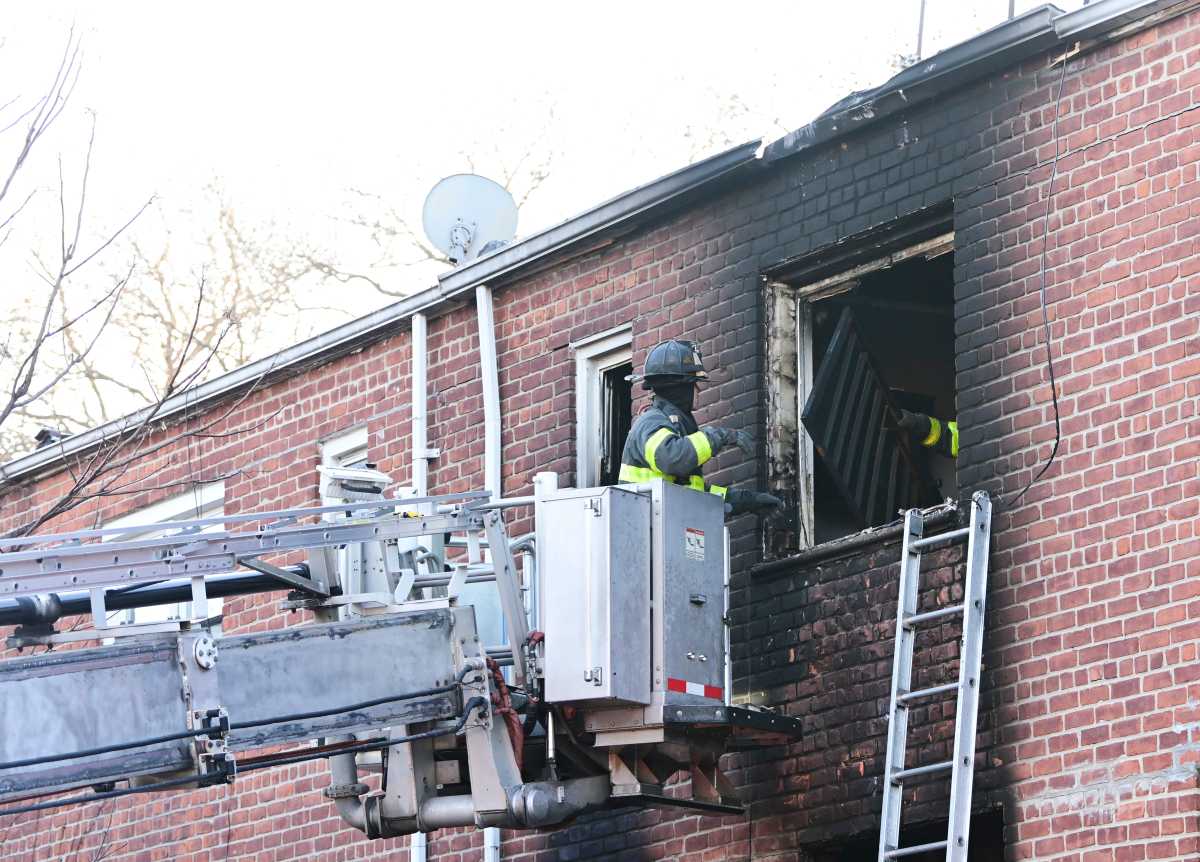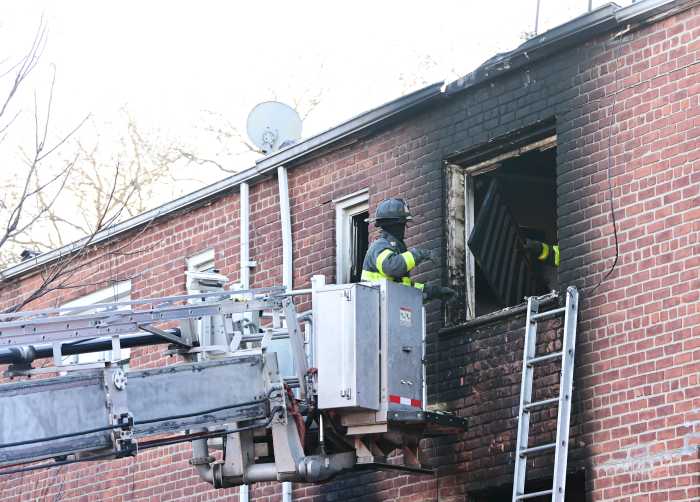On paper, Leslie Jamison had the kind of life every young author dreams of: Ivy League education, Iowa Writers’ Workshop, a Yaddo retreat and a published novel — all before age 30.
But more than anything else, she wanted to drink. She is 34 now and has been sober for more than six years. Her new book, “The Recovering: Intoxication and Its Aftermath” (out April 3, Little, Brown), is her candid attempt to grapple with not only her own addictions, but those of both the famous and the non-famous.
amNewYork spoke with the Brooklynite about the book and how sobriety changed her creativity.
These are issues you’ve been living and wrestling with your whole life. What made you decide to sit down and write this book?
Well, in a way the book had a few different beginnings. When I first got sober I started to write some pieces of personal narrative, which I think was my attempt to reckon with this new reality that I was finding myself inside of and . . . pretty overwhelmed by. . . . And at a certain point that kind of process of writing down pieces of my personal story also started to include this whole research component where as part of my doctoral dissertation at Yale I started to look into the lives of other artists and writers who’d gotten sober to see what sobriety had done for their creativity. . . . So I think it was really the process of getting sober that kind of catalyzed the curiosities and desires that gave rise to the book.
How was your creativity affected by sobriety?
I think in the long run there definitely was a sense of relief and excitement in the ways that my creativity, I think, only got deeper, more surprising or expansive, in sobriety. . . . [It] started to include different modes than it had before, particularly interviewing and reporting and engaging with other people’s lives. . . . The book itself is kind of the, it is the project it’s seeking, right? It’s like the thing I wrote in sobriety as part of this quest to figure out whether writing was possible in sobriety.
This is an intensely personal and revealing book. It must have been very difficult at times.
Yes, there were certainly many ways in which it was. For me, because the process of writing personal narrative is not like a one-pass kind of deal, it’s revising and revisiting and redrafting. I think in that way that both makes it more difficult and in a certain way easier. It makes it more difficult insofar as I keep trying to find the more complicated, messier version of the truth that lies underneath. . . . But at the same time that also means that it really becomes an artistic process of shaping narrative — trying to find keen, complicated insight. And in that sense it’s not that I forget that it’s my own life or that things that I’ve lived entirely lose their emotional charge, but it’s just that it becomes a process of turning those things into stories rather than simply reviewing them or something like that.
Why was it so important for you to include the people who went through the former Seneca House rehab center in Maryland?
I really wanted the Seneca stories to function like the stories you might hear in a recovery meeting. In that sense it felt important to me that there be voices and stories from people who were not famous or well-known or successful or professional storytellers, but who were storytellers in the way that everybody in recovery becomes a storyteller because you are asked to narrate . . . your own life.
Who did you write this for?
There is something really paradoxical about addiction — why do you keep pursuing this thing that is harming you, destroying you, perverting you? . . . I wanted to write a book that was illuminating something about the lived experience of that paradox and also illuminating some of the possibilities, like what telling the story of that experience might look like and what getting better from that experience might look like. . . . I also really hope that there are parts of this book that speak to pretty much anyone in terms of, what does it mean to long for something that harms you? What does it mean to not be able to stay away from a person who’s harmful to you? So . . . my hope is that there are truths in the book that aren’t just explicitly addiction related.




































